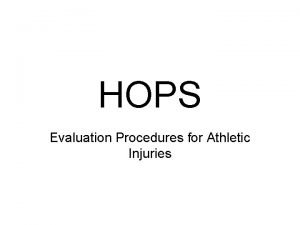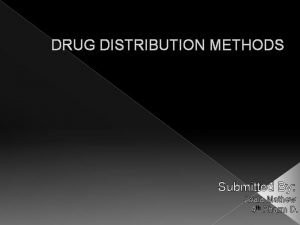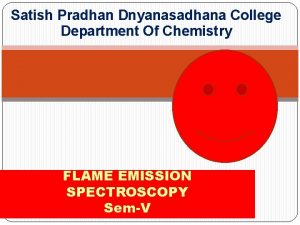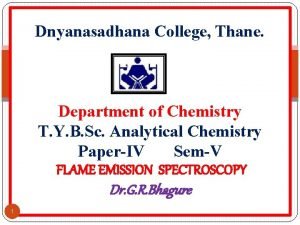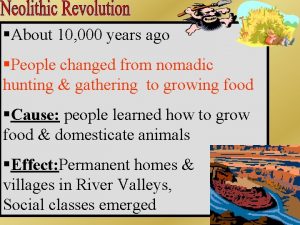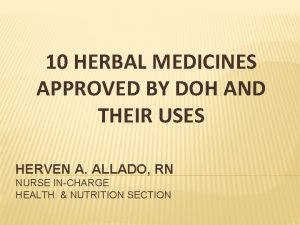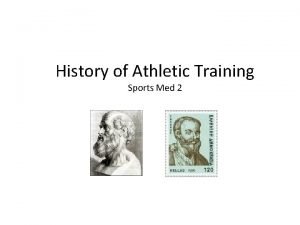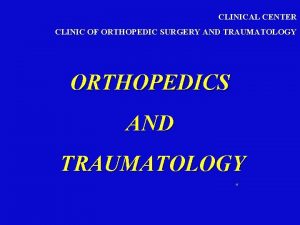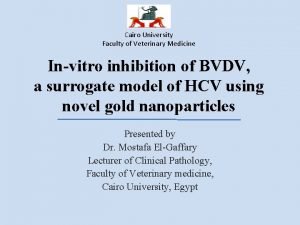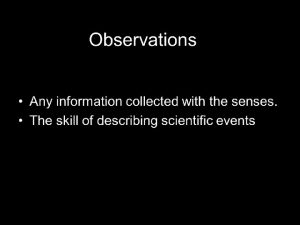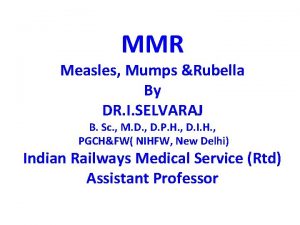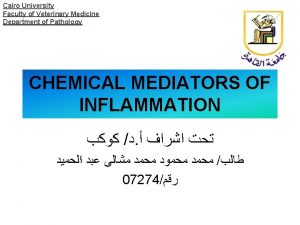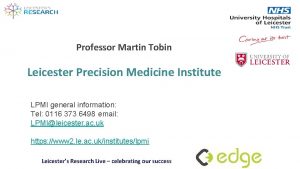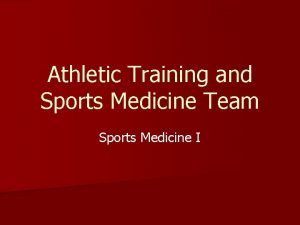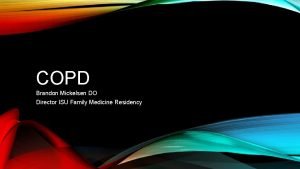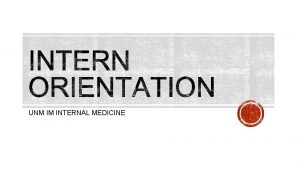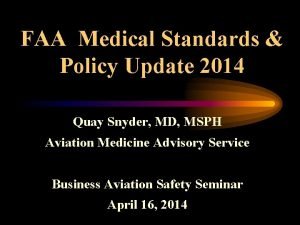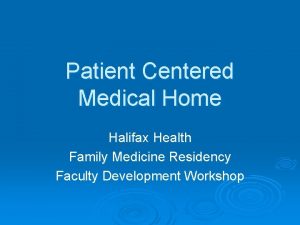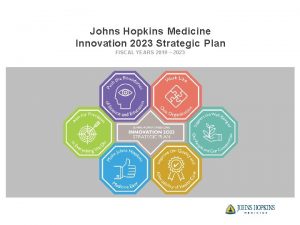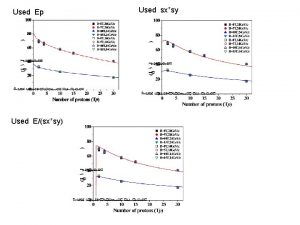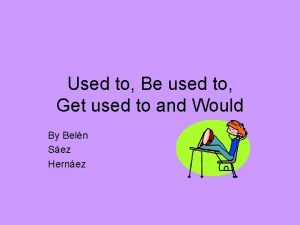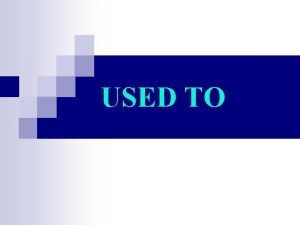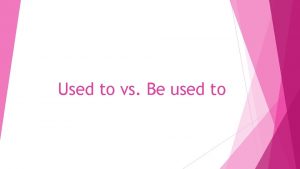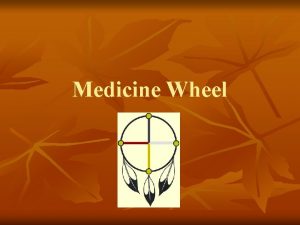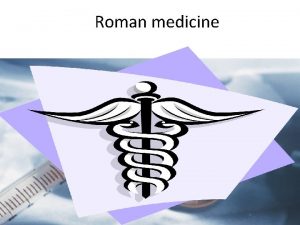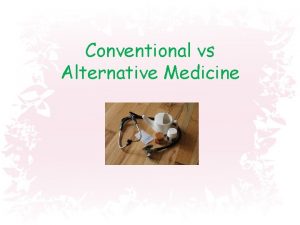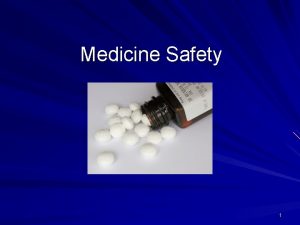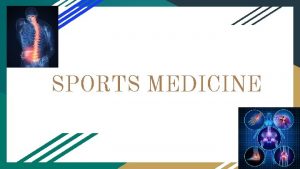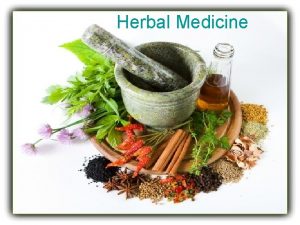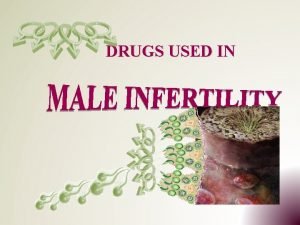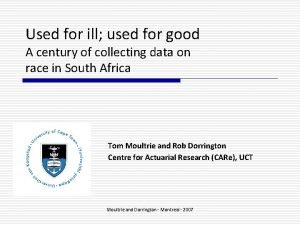medicine What is medicine 1 Medicine used to





















- Slides: 21

medicine

What is medicine? � 1. Medicine – used to treat or prevent diseases or other health conditions � 2. Drugs – substances other than food that change the structure or function of the body or mind � a. all medicines are drugs, but not all drugs are medicine!

What is medicine? � 3. Four major reasons people take medicine a. Help prevent disease � b. Help fight pathogens � c. Relieve pain and other symptoms � d. Manage chronic conditions, help maintain or restore health, and regulate body’s systems �

Medicines that Prevent Disease � 1. Vaccine – a preparation that prevents a person from contracting a specific disease. � Ex. Flu shot – required every year a. vaccine produces antibodies that fight the pathogens associated with the disease. b. basically, a smaller, weakened dosage of the disease.

Medicines that Prevent Disease �Some common Vaccinations: 1. MMR (Measles, Mumps, and Rubella) 2. Polio 3. Hepatitis B 4. Varicella (Chickenpox)

Include the following! �What disease is this vaccine meant to prevent? �Describe the disease this vaccine prevents: What are the symptoms? Who is most susceptible? Is the disease caused by a virus or bacteria? �Who should be vaccinated? Who should not be vaccinated? �How does the vaccine work? How often should a person be vaccinated? �What are some possible side effects of the vaccine? �What are some other interesting facts about this vaccine?

Medicines that Prevent Disease � 2. Antitoxins – similar to a vaccine, they fight the bacteria that produce substances which are toxic to the body.

Medicines that Fight Pathogens 1. Pathogens – any substance that causes disease 2. Antibiotics – drugs that destroy diseasecausing microorganisms called bacteria Ex. Penicillin – ear infections

Medicines that Fight Pathogens � 3. Antivirals and Antifungals – suppress illnesses caused by viruses, not bacteria �*** You need to finish a whole prescription. If you don’t, you may not kill all the bacteria, or viruses will develop a resistance to the medication.

Medicines that Relieve Pain � 1. Analgesics – Pain relievers. �a. range from aspirin, ibuprofen, acetaminophen, naproxen (reduces inflammation), to opium-based morphine and codeine (which is much stronger) �b. Acetaminophen is the recommended analgesic for children! Aspirin may cause Reye’s syndrome in children (illness of brain and liver) �c. These drugs can be addictive. Patients may become physically or psychologically dependent on these drugs.

Medicines that Promote Health and Manage Chronic Conditions � 1. Allergy Medicines – also known as antihistamines �a. reduce sneezing, runny nose, itchy/watery eyes b. block chemicals released by immune system that cause allergic response �c. Epinephrine – may be prescribed by a doctor incase of a severe allergic reaction � - peanut allergy, bee sting �- self-administered shot with single dose injector

Medicines that Promote Health and Manage Chronic Conditions � 2. Body Regulating Medicines – regulate body chemistry and balance �a. Insulin is an example �b. people with diabetes use this to regulate the amount of sugar in their blood �c. asthma sufferers use inhalers to help respiratory system

Medicines that Promote Health and Manage Chronic Conditions � 3. Antidepressants – help people suffering from mental illnesses �a. example – Prozac – taken to help enhance mood and eliminate depression

Taking Medications � 1. Oral Medicines – Taken by mouth, pass from the digestive system into bloodstream � 2. Topical Medicines – applied to skin, transdermal patches � 3. Inhaled Medicines – delivered in fine mist or powder such as asthma medications � 4. Injected Medications – delivered through a shot and go directly to bloodstream

Over the Counter (OTC)/Prescription Drugs � 1. All medicines in US must meet standards set by FDA – Food and Drug Administration � 2. Prescription Meds – given only with the written approval of a licensed physician � 3. OTC Meds – medicines you can buy without a prescription

Over the Counter (OTC)/Prescription Drugs � 4. Medicine Misuse – using a med in ways other than the intended use � Ex. Taking too much or too little of a med � 5. Medicine abuse – intentionally taking medications for nonmedical reasons � 6. Drug Overdose – a strong, sometimes fatal reaction to taking a large amount of a drug

Reactions to Medications � 1. Side Effects – reactions to medicine other than the ones intended � 2. Additive interaction – medicines work together in a positive way � Ex. An anti-inflammatory and a muscle relaxant � May be prescribed to treat joint pain

Reactions to Medications � 3. Synergistic Effect – occurs when one medicine increases the strength of another � 4. Antagonistic Interaction – the effect of one medicine is cancelled or reduced when taken with another med.

Reactions to Medications � 5. Tolerance – body becomes used to the effect of a med. The body requires an increase in dosage to produce the same effect � 6. Withdrawal – when a person stops using a med that he/she has become physiologically dependant on. �Ex. Symptoms include insomnia, nervousness, headaches, vomiting, chills


 What is hops in sports medicine
What is hops in sports medicine Drug distribution system
Drug distribution system In a premix burner used in fes the fuel used is
In a premix burner used in fes the fuel used is In a premix burner used in fes the fuel used is
In a premix burner used in fes the fuel used is Advancement in medicine
Advancement in medicine Tsaang gubat benefit
Tsaang gubat benefit Athletic training sports medicine
Athletic training sports medicine Language of medicine
Language of medicine Status localis
Status localis Wheel
Wheel Cairo university faculty of veterinary medicine
Cairo university faculty of veterinary medicine Personal identification
Personal identification Mumps medicine
Mumps medicine Faculty of veterinary medicine cairo university logo
Faculty of veterinary medicine cairo university logo Martin tobin leicester
Martin tobin leicester Sports med umbrella
Sports med umbrella Isu family medicine
Isu family medicine Unm internal medicine residency
Unm internal medicine residency Caci asthma worksheet
Caci asthma worksheet Halifax family medicine residency
Halifax family medicine residency Johns hopkins medicine strategic plan
Johns hopkins medicine strategic plan Medicine law business engineering
Medicine law business engineering
